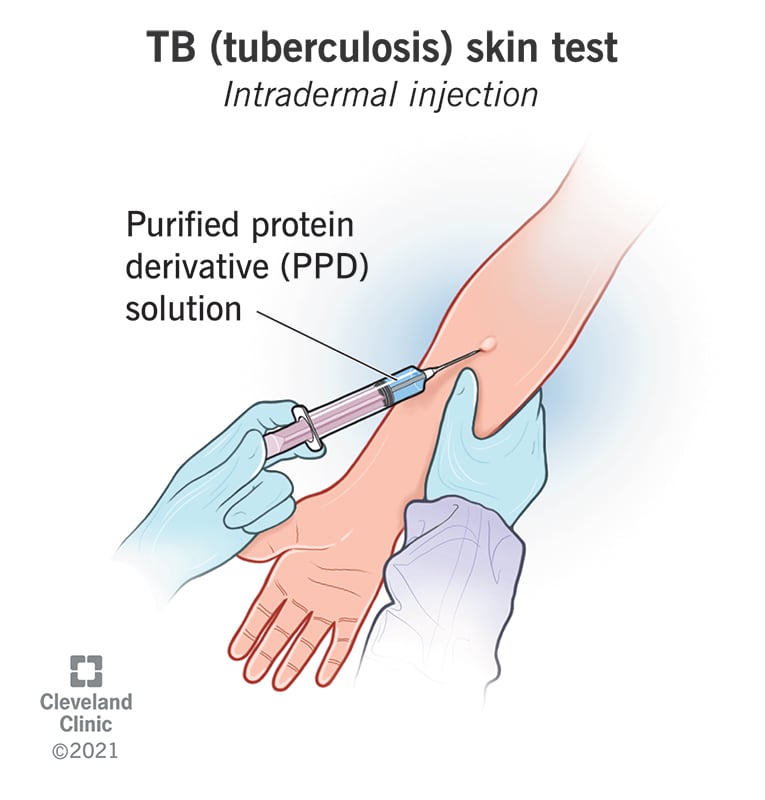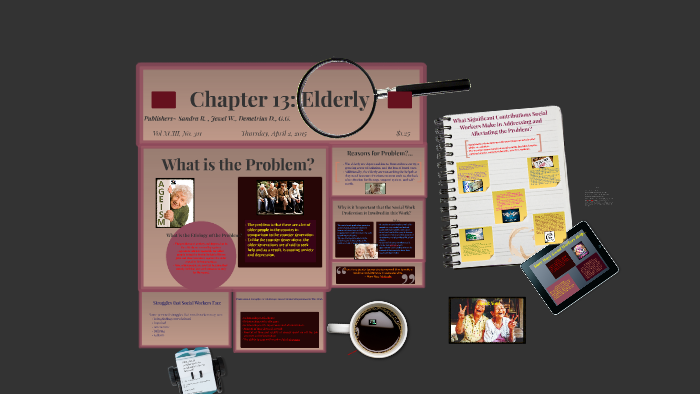
Private duty is when you hire a nursing assistant to take care of your needs at home. These nurses can be licensed to provide care for you and may be LPNs/LVNs as well as RNs. They have the knowledge and skills to provide safe, effective care. The cost of this type of care is usually affordable.
In-home care
Private duty nursing services offer high quality in-home care to patients with chronic conditions and other medical needs. A private duty nurse monitors the patient's condition and keeps detailed records. This allows the nurse the ability to spot changes and inform the family or primary physician. A private duty nurse can also help the patient with wound care, tube feeding, and other conditions. In addition, they can provide companionship and help with activities of daily living.
You can find private duty nursing services in-home at different levels. Some are available all day, others only for a few minutes a days. No matter how long your loved one is in need of a nurse, a private duty nursing staff member is an excellent choice.
Patient-centered Care
Patient-centered care is a concept that emphasizes the patient's needs. Patient-centered care allows health professionals to have better insight into their patients and be more supportive of their goals for their own health. The practice addresses both physical comfort and emotional health. Both should be taken into consideration. In determining the best treatment course, healthcare professionals should consider cultural traditions and socioeconomic background.

Patient-centered care is important to health care because it puts the patient in control. It helps reduce unnecessary procedures, respects patients' wishes and improves patient care. It allows health care professionals develop specific care strategies. When the patient and the care provider are trusted, patient-centered healthcare is most effective.
Costs
Private duty nursing services may be covered by your health insurance or Medicaid. But the price can vary. Some agencies charge $275 per day for a minimum amount of time in the home. It is possible for the price to rise if there are multiple visits per day. You should check with your insurance provider to see if your plan covers private duty nursing.
The most common way to pay for private duty nursing is through Medicaid. However, private pay or managed care organizations may also be used. It is important to have a physician's referral before requesting this service. A home care agency can be chosen by you. Private duty nursing offers many benefits. One advantage is that private duty nursing promotes healing at your home. This leads to better outcomes than lengthy stays in the hospital. Private duty nursing can be less costly than long-term care, which can prove expensive.
Regulations
To provide high-quality, private duty nursing care, they must adhere to certain state regulations. For example, they must follow the HIPAA privacy rules and 45 C.F.R. Parts 160 und 164. They must also comply with security and confidentiality requirements. They must keep the records of patients for three years and create an individual plan of treatment for each one.
Private duty agencies require that nurses have a valid nursing license. These licenses require certifications and continuing education units (CEUs). Some states require nurse applicants to obtain certifications in pediatrics, intensive care, or medical-surgical nursing. In addition, nurses must have a strong moral character and be able to provide safe and responsible care for patients. Even though private duty nurses are often free to work unsupervised, regulations say that they must accept patients only within their specialties and use reasonable judgment when providing care.

Career path
You're in the right place if you are interested in a private duty nursing career. This career track is growing at a rapid rate, and the job market is very competitive. According to Bureau of Labor Statistics Private duty nurses are amongst those who make the best-paid nurses.
You will need to have a degree in nursing and several years of experience as a private duty nurse. Nurses often have to take care of the daily activities of patients such as bathing, feeding, and changing their clothes. Some nurses can also be trained to care for patients.
FAQ
How do I become an artistic health professional?
There are many routes to becoming a creative professional in health care. Some people start as students and others work in different fields like engineering or business.
Some opt to study a course that focuses on a specific topic, such management, leadership or health policy. Some elect to study an elective course which explores different perspectives of health and care.
No matter your chosen path, you'll be able to learn about health topics and health care through readings, discussions in groups, assignments and projects, as well as lectures and readings. Other options include workshops, conferences, or seminars.
After completing the program, you will have the knowledge to help clients, colleagues, patients, and other members of the health care system.
You could even go on to earn a doctorate degree.
What's the difference between the healthcare system and health care services, exactly?
Health systems are broader than just healthcare services. They cover all aspects of life, from education to employment to housing and social security.
Healthcare services, on other hand, provide medical treatment for certain conditions like diabetes, cancer and mental illness.
They may also refer the provision of generalist primary health care services by community-based professionals working under an NHS hospital trust.
Who is responsible?
All levels of government are responsible for public health. Local governments have control over roads, schools, parks, recreation areas, and other public services. National and state governments have laws and regulations that regulate food safety, workplace safety, consumer protection, and other areas.
What is the difference of public health and health policies?
Both terms refer to the decisions made or legislated by policymakers in order to improve how we deliver our health services. One example is the decision to build an additional hospital. This decision could be made locally or regionally. Similarly, the decision about whether to require employers to offer health insurance may be made by local, regional or national officials.
What are the three levels in health care facilities
First, there are general practice clinics that provide basic medical care for patients who don't need hospital admission. They may also refer patients to other providers if required. This includes nurse practitioners, general practitioners and midwives.
The second level are primary care centres, which provide complete outpatient care, as well as emergency treatment. These include hospitals as well as walk-in clinics, urgent and family care centers, as well sex clinics.
The third level of care is secondary care centres, which offer specialty services such as eye surgery, orthopaedic surgery, and neurosurgery.
Statistics
- The health share of the Gross domestic product (GDP) is expected to continue its upward trend, reaching 19.9 percent of GDP by 2025. (en.wikipedia.org)
- The healthcare sector is one of the largest and most complex in the U.S. economy, accounting for 18% of gross domestic product (GDP) in 2020.1 (investopedia.com)
- For the most part, that's true—over 80 percent of patients are over the age of 65. (rasmussen.edu)
- Consuming over 10 percent of [3] (en.wikipedia.org)
- About 14 percent of Americans have chronic kidney disease. (rasmussen.edu)
External Links
How To
What is the Healthcare Industry Value Chain?
The entire healthcare industry value-chain includes all activities related to providing healthcare services to patients. This includes both the business processes in hospitals and clinics, as well the supply chains that connect them with other providers like doctors, pharmacists, insurers, manufacturers, wholesalers, distributors, etc. The result is a continuum which starts with diagnosis and ends in discharge.
The four key components of the value chain are:
-
Business Processes are the tasks carried out by employees throughout the entire health care delivery process. A doctor might conduct an exam, prescribe medication and send a prescription to a pharmacy. Each step along the way must be completed efficiently and accurately.
-
Supply Chains – The entire network of organizations responsible for ensuring that the right supplies reach those who need them. One hospital may have many suppliers. This includes pharmacies and lab testing facilities as well as imaging centers and janitorial staff.
-
Networked Organizations: To coordinate these entities, it is necessary to have some means of communication between them. Hospitals typically have many departments, each with its own set of offices and phone numbers. Every department will have a central point where employees can go for updates to ensure everyone knows what's happening.
-
Information Technology Systems – IT is crucial in order to ensure that business processes run smoothly. Without it, everything could go down quickly. IT provides an opportunity to integrate new technologies into the system. If doctors want to integrate electronic medical records in their workflow, they can use secure network connections.